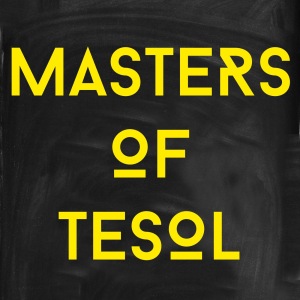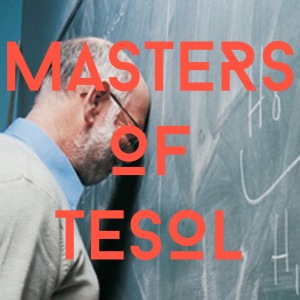seoul
22 – Online Learning Past and Future – Stafford Lumsden
{bleep bloop bleep} I booted up cyborg teacher Stafford Lumsden to talk about online learning and the changing perception of what exactly a classroom is. We are more connected than ever and this shift in technology is changing the options that students have and how we teach. We discuss….
- distance learning
- e-learning vs online learning
- Is online education as ‘good’ as offline?
- Basics of having a repository
- LMS – Learning Management System – create assignments, give feedback, students upload and interact with each other and the instructor
- The pros and cons of a fully online classroom
- No one-size-fits-all with online teaching
Useful resources:
Google – heard of it? add dot com. It’s quite good.
Google Sites – make your own web pages
classroom.google.com – education specific ‘classrooms’. Students can submit and track assignments. Teachers can receive and give feedback on assignments all within the Google eco-system.
wix.com – make your own web pages
moodle.org – open source LMS. Requires some computer savvy to use
Blackboard.com – pricy. Would require financial support from your department
Activities for Teaching English Pronunciation – more than Listen and Repeat
Includes thrilling details on the two different parts of pronunciation, and activities like minimal pairs bingo, the need for volume in pronunciation / mouth vowel map, using textbook dialogues better / changing the mood not the words (my personal favourite), stress and meaning activity, and 2 truths 1 lie with intonation!
Recorded at my KOTESOL presentation in 2018, I give some ideas for activities to teach English pronunciation.
15 – The Student Becomes The Teacher – Justin McKibben

In the first of this batch of hit-n-run quickie interviews from the KOTESOL conference in Seoul at the end of 2016, I spoke to Justin McKibben about how we can expand students roles. By giving students certain speaking tasks the traditional classroom would consider a teacher’s job, we can vastly increase student talk time and give them a broader sense of control in their own classroom.
Justin takes us through some of the techniques we can use in our classrooms to shift away from the traditional teacher-fronted classroom. You can start using these techniques immediately.
STT, TTT, ESL, EFL, TEFL, TESOL, CELTA, DELTA, teacher-fronted classroom, teaching, English,
08 – English as a Lingua Franca in the ESL classroom – Martin Dewey
[This episode follows up on issues first covered in episode 4 with Jennifer Jenkins.]
English as a Lingua Franca (ELF) is a perplexing thing. It’s not an approach. It’s not a methodology. It’s a perspective. So there’s nothing for teachers to really get solid a grip on. This can get frustrating for teachers and can leave us more confused than enlightened.
In this episode, Martin Dewey of King’s College London towels off this slippery subject with a classroom perspective. Rethink how much attention we give certain language aspects in our classes, moving away from the native speaker norm, focusing on how students adapt their speech for the specific situation.
M’Kay…
Due to the time difference, I was up at dawn for this Skype interview so I was a little sleepy and, yes, I do say “curriculums” at one point!
If you like the show, SUBSCRIBE! Questions, comments, requests to…
Further reading:
V.O.I.C.E – Vienna Oxford International Corpus of English
07 – Why your ESL lesson bombed – Tom Randolph
In this episode we hear from TESOL methodology trainer Tom Randolph about some of the reasons ESL / EFL lessons don’t succeed, and how to avoid it happening. I chip in with my own experience as a teacher trainer based on the classes I have monitored that didn’t go well.
There’re plenty of solid tips and even activity ideas in this conversation, so there’s something for everyone, regardless of experience.
I’d love to hear your ideas too. Don’t be shy!
06 – The ESL / EFL student brain and how we learn – Stephen van Vlack
As teachers, we need to be aware of how students are learning. Different brain systems need to work together in order to retain information and, most importantly, integrate it into existing systems. So, what is the best approach for teachers to give the best chance for students to improve? Stephen van Vlack slices open the brain (metaphorically) to show us how the different brain systems interact and the most effective ways for students to improve.
This is one of the more difficult subjects we’ve tackled on MOT, but Stephen breaks it down into an understandable view of how information and perception affects language learning and retention. Read the rest of this entry »
06a – Extra Interview on How ESL / EFL students learn – Stephen van Vlack
Here’s another 8 minutes from Stephen van Vlack on how the brain works when we learn – or perceive – new things, including how learning a second language affects the native language.




